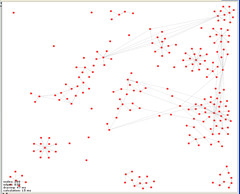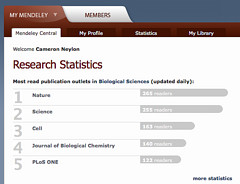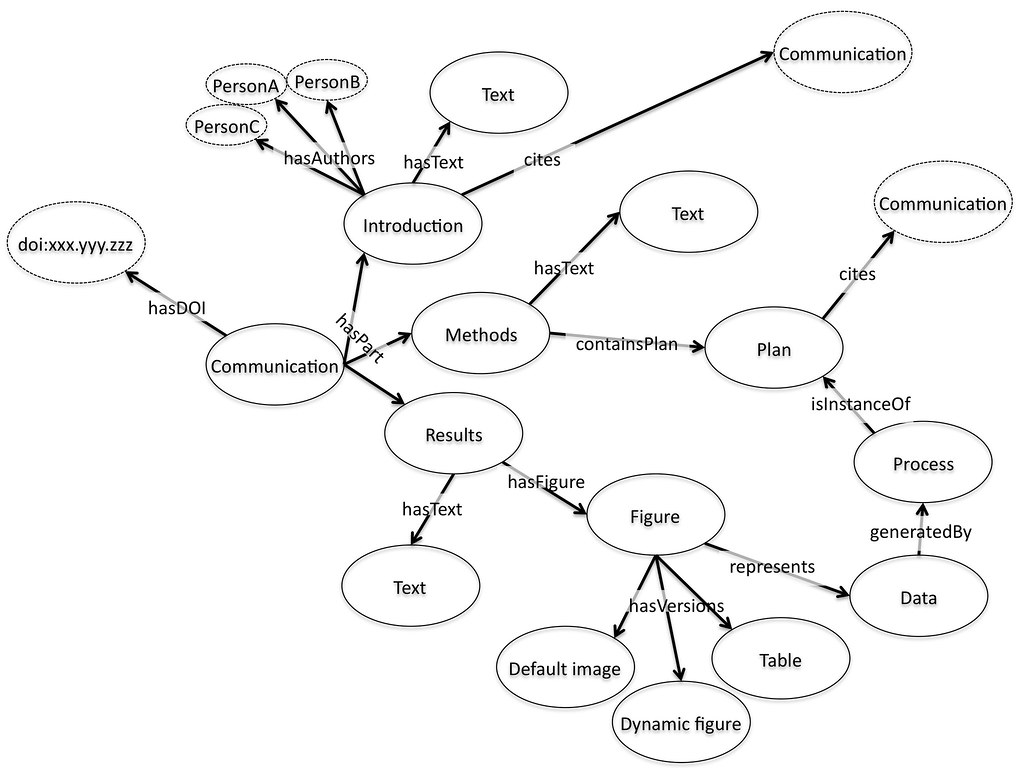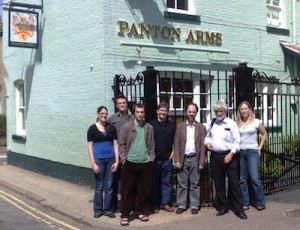
If you’ve been around either myself or Deepak Singh you will almost certainly have heard the Jeff Jonas/Jon Udell soundbite: ‘Data finds data. Then people find people’. The naïve analysis of the success of consumer social networks and the weaknesses of science communication has lead to efforts that almost precisely invert the Jonas/Udell concept.







